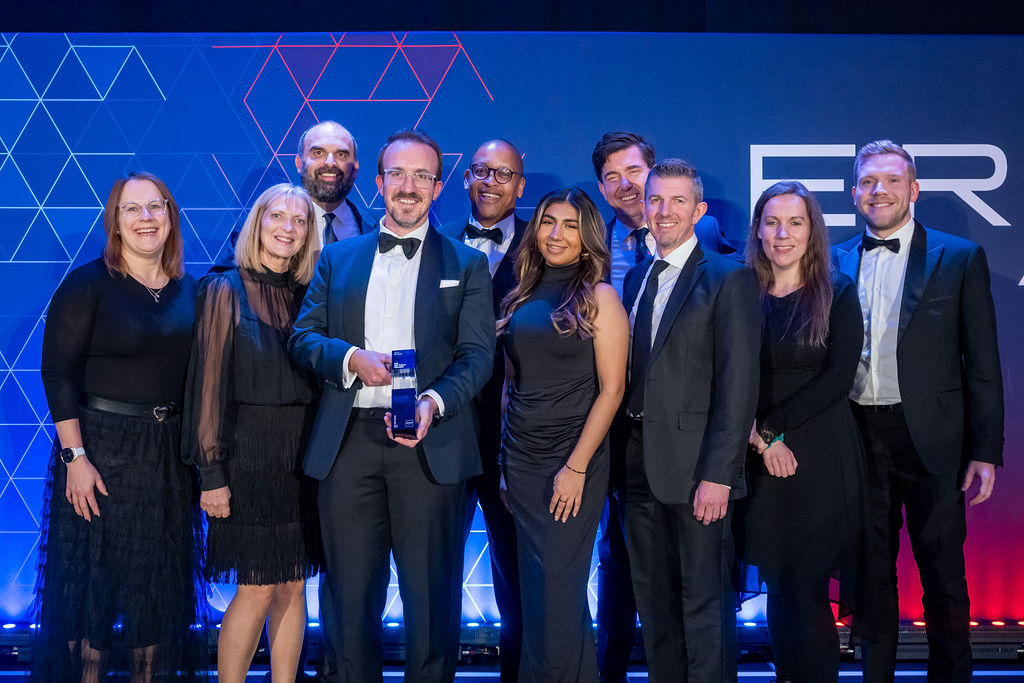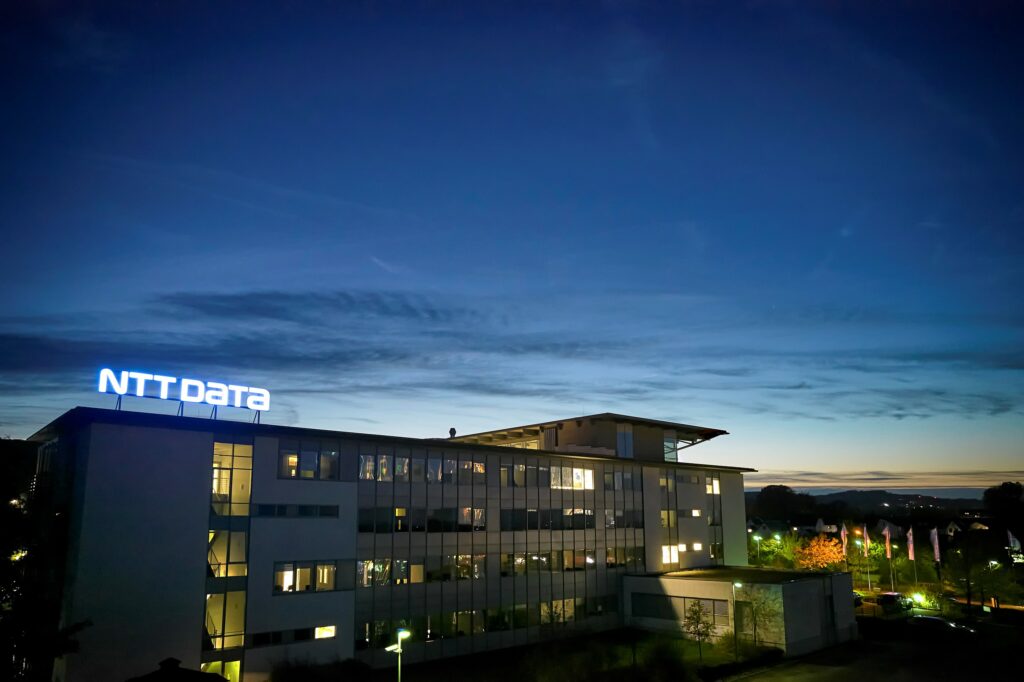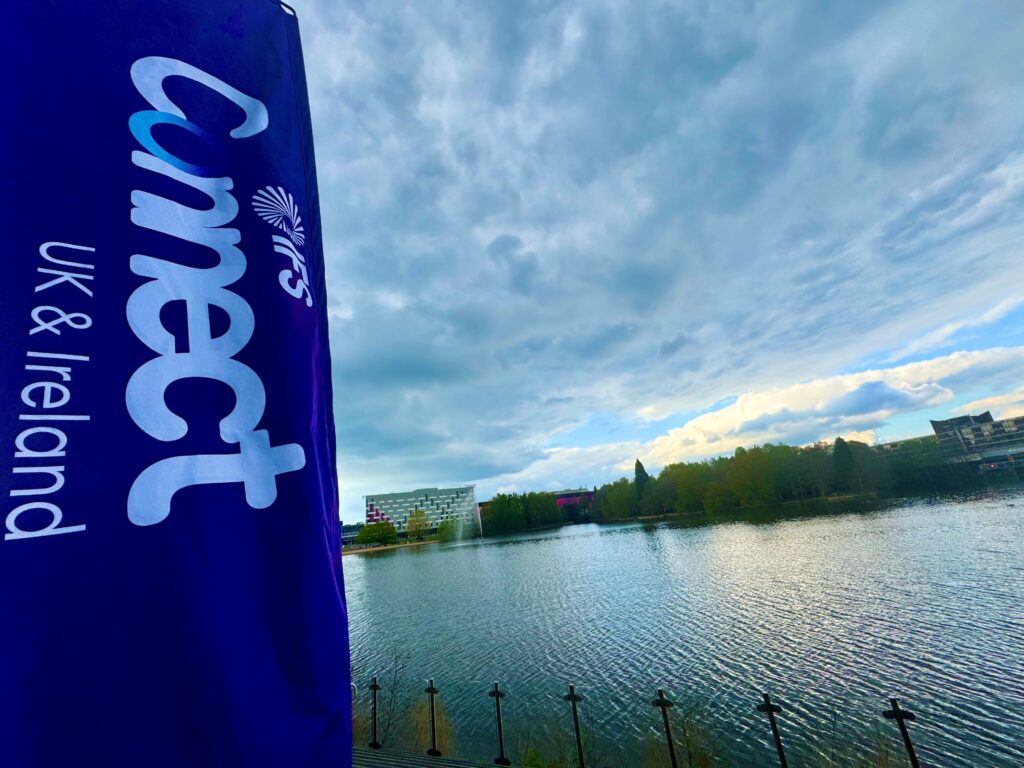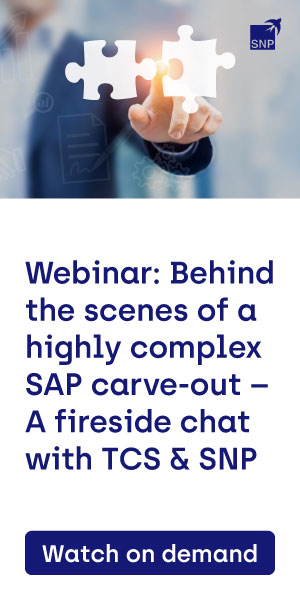When SAP claimed the coveted ERP Today ERP Vendor of the Year award in 2024, it wasn’t just another trophy for the mantelpiece. According to James Bates, Head of Industry and Customer Advisory for SAP UKI, the recognition has become a powerful catalyst for deeper strategic conversations and accelerated market momentum towards SAP’s cloud transformation mission.
For SAP, the 2024 ERP Vendor of the Year award has become more than recognition – it’s become a launchpad for accelerated innovation and market expansion in the AI-driven enterprise era.
“Winning the ERP Vendor of the Year award has re-affirmed SAP as the partner of choice for organizations transitioning to the cloud,” Bates explains. But beyond the obvious prestige, the award has served as tangible proof of industry leadership when engaging prospects and expanding SAP’s ecosystem reach.
The timing couldn’t be better. As organizations grapple with legacy system limitations and seek AI-powered transformation, SAP’s award-winning foundation has provided the credibility boost needed to attract major enterprise customers. This includes high-profile wins like BASF, the world’s leading chemical company, which was showcased at SAP’s Sapphire conference – an event that drew 18,000 customers, experts, and thought leaders.
While awards provide validation, the real test lies in continuous innovation. SAP hasn’t rested on its laurels, instead doubling down on the capabilities that earned the recognition in the first place. The most significant development? The launch of SAP Business Data Cloud, designed to help organizations unlock their data’s full potential while delivering AI-powered insights.
“With organizations increasingly looking for greater returns on AI, our launch of SAP Business Data Cloud helps businesses unleash their full potential,” Bates notes. The platform’s partnership with Databricks creates an intrinsic connection between data products and AI models, delivering advanced analytics across core business operations from finance to human resources.
Perhaps most transformative is the evolution of Joule, SAP’s AI assistant. What started as a helpful copilot has become what Bates describes as “virtually omnipresent,” enhancing decision-making and automation while ensuring operations remain efficient and sustainable. Companies like Spirit Energy are already exploring how these AI tools can build more intelligent and dynamic enterprise environments.
Real-World Impact Across Sectors
Customer outcomes tell the most compelling story of SAP’s post-award trajectory. The company is witnessing unprecedented demand from organizations seeking to migrate from legacy ERP environments while simplifying and uniting data operations across HR, finance, procurement, and sales.
The public sector provides a particularly striking example. SAP’s work with the Unity Programme – serving HM Revenue and Customs, the Department of Transport, and the Ministry of Housing, Communities and Local Government – will positively impact more than 100,000 civil servants by reducing manual, time-consuming administrative processes.
Education represents another growth area. Inspired Education Group’s renewal of its SAP SuccessFactors deployment now streamlines HR operations for 14,000 employees across six continents. The integration of Joule supports better recruitment, talent retention, and overall employee experience—demonstrating how AI enhancement translates to measurable business outcomes.
These wins reflect a broader pattern Bates observes: organizations across industries are prioritizing cloud migration not just for technological advantages, but for the operational simplification and AI readiness that modern ERP platforms provide.
The Cloud-First Future
Looking ahead, SAP’s vision centers on helping more businesses complete their cloud journey while leveraging AI-powered innovations. “Today’s disconnected IT landscape makes it difficult for many organizations to take advantage of AI and the agentic experience,” Bates emphasizes.
The numbers support this ambition. SAP has committed that 80 percent of its most-used transactions will be managed via Joule, and the company has already delivered more than 1,600 skills supporting tasks across HR, finance, and supply chain operations.
Innovations like Joule Everywhere, Spend Control Tower, and the Business Data Cloud represent more than feature additions—they’re building blocks for a harmonized data model that enables faster decision-making and reduced complexity. This integrated approach positions SAP not just as an ERP provider, but as an enabler of intelligent enterprise transformation.
The award-winning foundation continues to support these ambitions by providing the credibility and market recognition necessary to attract large-scale deployments. As Bates notes, the recognition serves as “valuable proof of our industry leadership” when expanding into new markets and verticals.
What this means for ERP Insiders
Time for strategic investment is now. The convergence of SAP’s award recognition and accelerated AI capabilities creates a unique window for organizations considering ERP transformation. Recent market research indicates that 70% of enterprises will increase their ERP cloud investments by 2026, with AI integration being a primary driver. Business leaders should evaluate current legacy system limitations against SAP’s proven track record and advancing AI capabilities. The Unity Programme’s impact on 100,000+ civil servants demonstrates scalable transformation potential across sectors. Don’t forget to submit your organization’s ERP transformation stories for the 2025 ERP Today Awards.
Consider AI-first ERP strategy. SAP’s commitment to managing 80% of transactions through Joule represents a fundamental shift toward agentic AI in enterprise operations. Some forecasts predict that AI-augmented ERP deployments will grow 45% annually through 2027, making early adoption crucial for competitive advantage. Technology leaders should prioritize vendors demonstrating tangible AI integration rather than superficial features. SAP’s 1,600+ Joule skills across HR, finance, and supply chain operations provide concrete evidence of AI maturity beyond marketing promises. Don’t forget to submit your organization’s AI-first transformation stories for the 2025 ERP Today Awards.
Stay the course with cloud migration acceleration. The pattern Bates observes – organizations seeking unified data operations across HR, finance, procurement, and sales – aligns with recent research findings that show that 65% of enterprises will prioritize data integration over feature richness in ERP selection in 2025. Leaders should focus on platforms offering harmonized data models and out-of-the-box integration rather than point solutions requiring extensive customization. SAP’s Business Data Cloud partnership with Databricks exemplifies the integrated approach necessary for successful AI deployment. Don’t forget to submit your organization for consideration for the Data & Analytics Powerhouse award as part of the 2025 ERP Today Awards.






